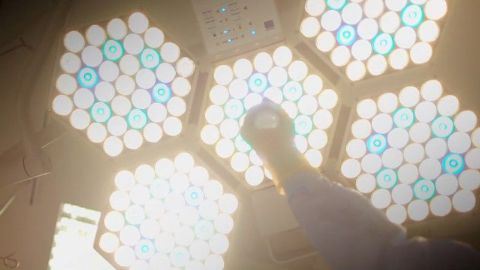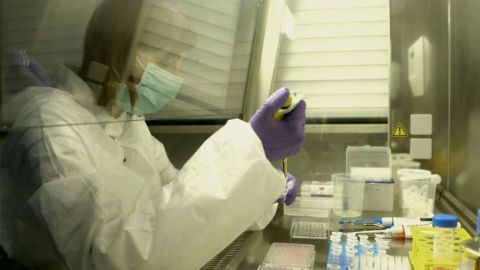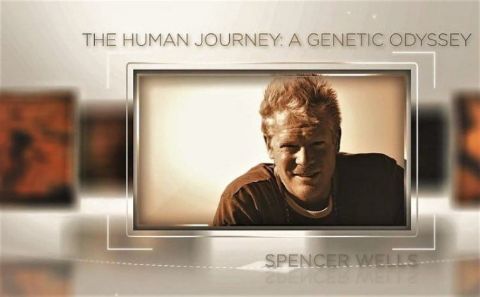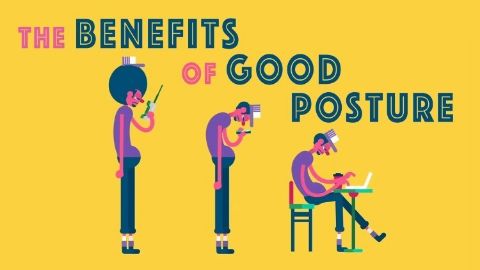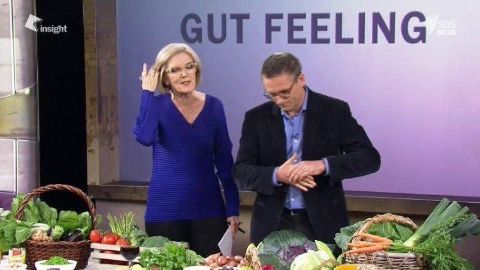You might also like
Many clinical trials target the nation's most acute health issues. With deaths from liver disease soaring by 40 per cent in a decade, more and more patients are waiting for vital liver transplants. There is a shortage of organ donors and many donated organs are rejected as only those in excellent condition are considered suitable for a transplant procedure. Surgeons Richard Laing and Thamara Perera are part of a team at QEHB trialling a revolutionary way to tackle this crisis, by maximising the number of donor organs that can be safely re-used. The film follows the trial every step of the way, as Richard receives a donor liver that would usually be rejected and tries to prove it is viable for transplant by rejuvenating and testing it on a perfusion machine. This machine sustains the liver by mimicking the supply of blood, oxygen and nutrients an organ receives inside a live, healthy human body. Once the donor liver has proved itself fit for transplant, the surgical team start to remove grandmother Connie O'Driscoll's severely diseased liver. Once the donor liver has been disconnected from the perfusion machine, they have just 20 minutes to place it in Connie's body and plumb it into the complex and delicate network of hepatic blood vessels.
S1E3 • Surgeons: At the Edge of Life • 2018 • Health
Since 2003, human DNA has been completely decoded. Scientists are currently working on decoding all of the body's own proteins, the so-called Proteom code - this process is almost complete. From the results, medicine hopes new findings in the search for drugs against cancer, infections, and disease.
2016 • Health
Geneticist Spencer Wells presents a broad view of the DNA Testing industry from its beginnings to its broader acceptance by the general public. Now an individual can, for the first time in history, read his own genetic blueprints.
S1E5 • Curiosity Retreats: 2016 Lectures • 2016 • Health
Has anyone ever told you, “Stand up straight!” or scolded you for slouching at a family dinner? Comments like that might be annoying—but they’re not wrong. Your posture is the foundation for every movement your body makes and can determine how well your body adapts to the stresses on it. Murat Dalkilinç gives the pros of good posture.
Alzheimer's disease is the most common cause of dementia, affecting over 40 million people worldwide. And though it was discovered over a century ago, scientists are still grappling for a cure.
Following the release of his book on the gut, Dr Michael Mosley returns to Insight for a discussion with fellow experts and ordinary Australians about how the gut can play an integral role in our overall physical and mental health.Increasingly, research is shedding light on the previously mysterious world of the gut and the 1-2 kilograms of microbes that live there, forming each person's unique microbiome , the genetic ecosystem of bacteria, viruses, fungi and other organisms that lives inside and on our bodies from birth. This week's Insight tackles the ground-breaking science and personal stories around the gut's potential to change our lives.
2017 • Health
